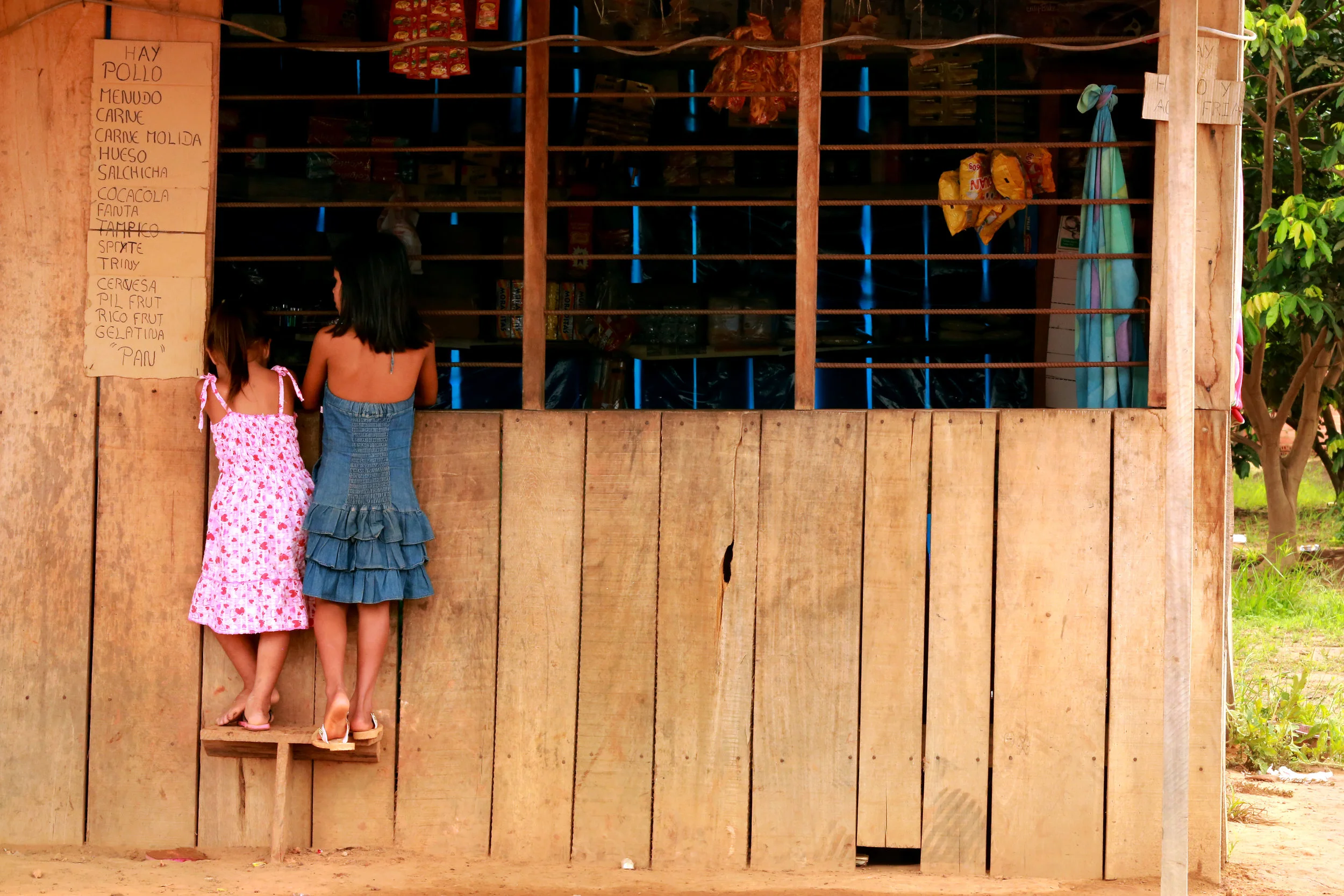“It took us 38 years to build a distribution system, and in a matter of four hours, it was destroyed.” Macel Avestruz, general manager of LEYECO II, an electric co-op in the Philippines, doesn’t mince words when recalling the wrath of Typhoon Haiyan, which leveled the town of Tacloban where the co-op is head- quartered a year ago this month. Not knowing whether her family was alive, Avestruz rode out the storm with her second family—co-op staff members and their children—under a staircase at the co-op office.
It can be scary walking home at night in a lot of places, but few of us have to worry about men with machetes. Flora does. And it’s one of the reasons she wants electricity—so there can be streetlights. Flora is in her 50s and has 10 children, ages 10 to 31, and 20 grandchildren. She lives in Dos de Junio, a community in the Beni district of northern Bolivia. For Flora, safety is clearly on her mind. Maybe it’s because she has nine daughters; five of them still live with her in a small house. And there is no husband. She moved to Dos de Junio two years ago because the Bolivian government offered people free land. Electricity will come, she was told.
We talked to two people who have been impacted by the reach and mission of NRECA International: Bobby VonBokern, a volunteer lineman from Owen Electric in Kentucky, whose work in Haiti opened his eyes to how his unique skills and compassion can make a difference in the world; and Benon Bena, the off-grid renewable energy development a manager in Uganda’s Rural Electrification Agency, whose dream of providing power to his country’s rural citizens is beginning to take shape thanks to his agency’s work with NRECA.
Political and Economic Changes are Sparking Power Development Throughout Africa
Ethiopia was once the face of poverty and hunger; today, its population is booming, its economy is among the fastest-growing in the world, and the skyline of its capital, Addis Ababa, is crowded with cranes and construction sites.
It’s a stark turnaround for a nation that, in the mid-1980s, lost half a million people to famine and whose progress has for decades been hampered by animosity with its neighbors and internal political instability.




